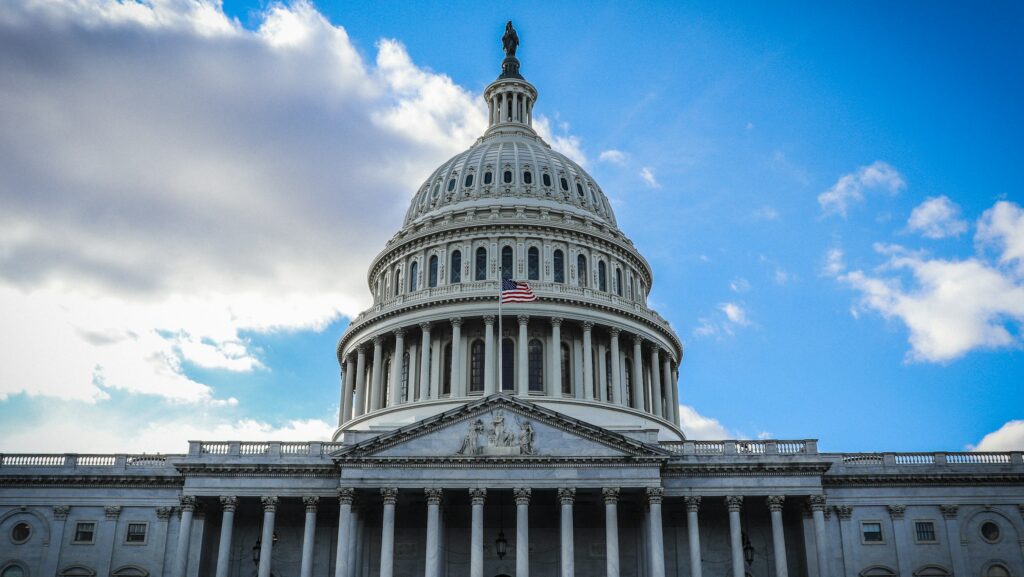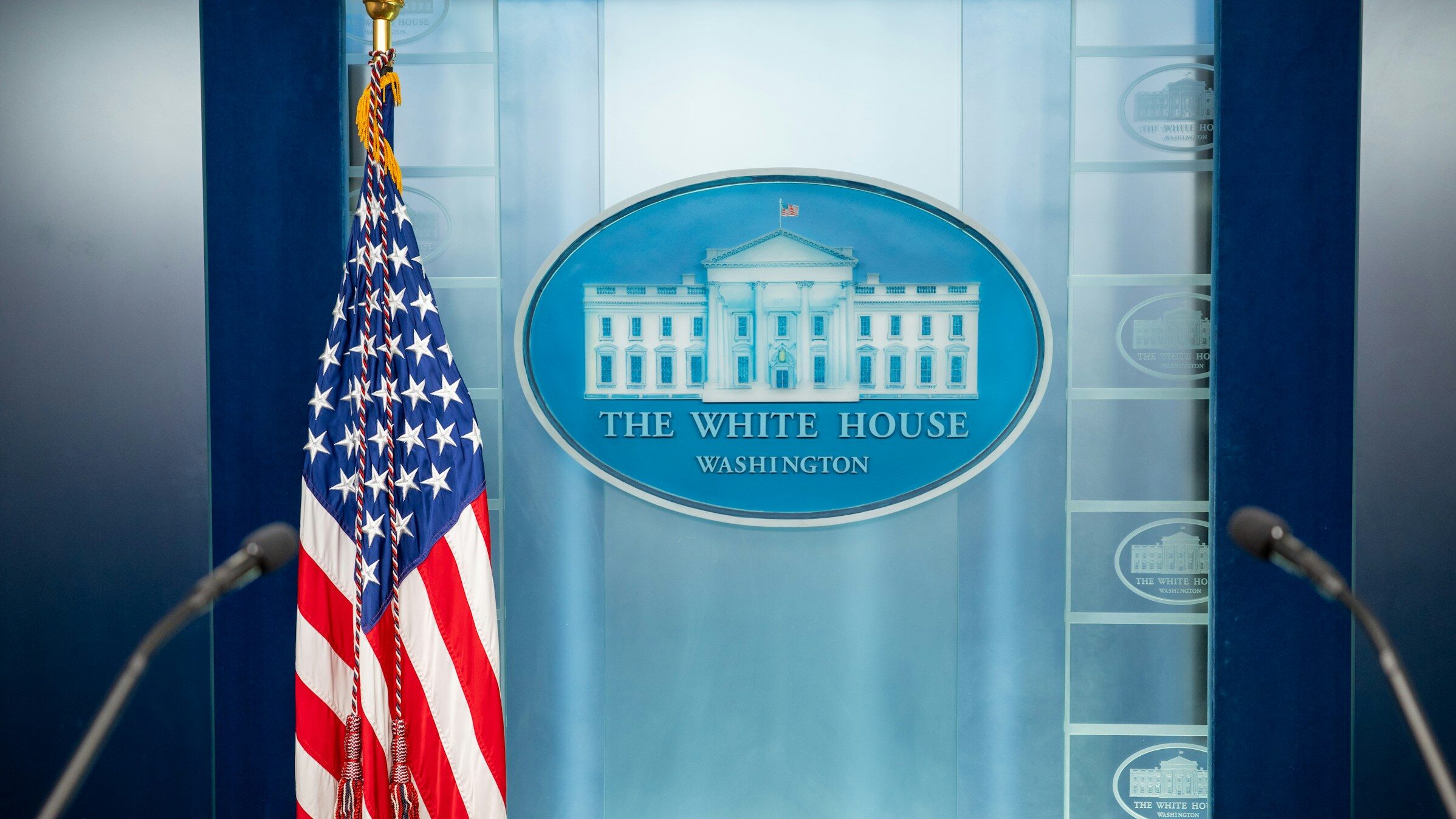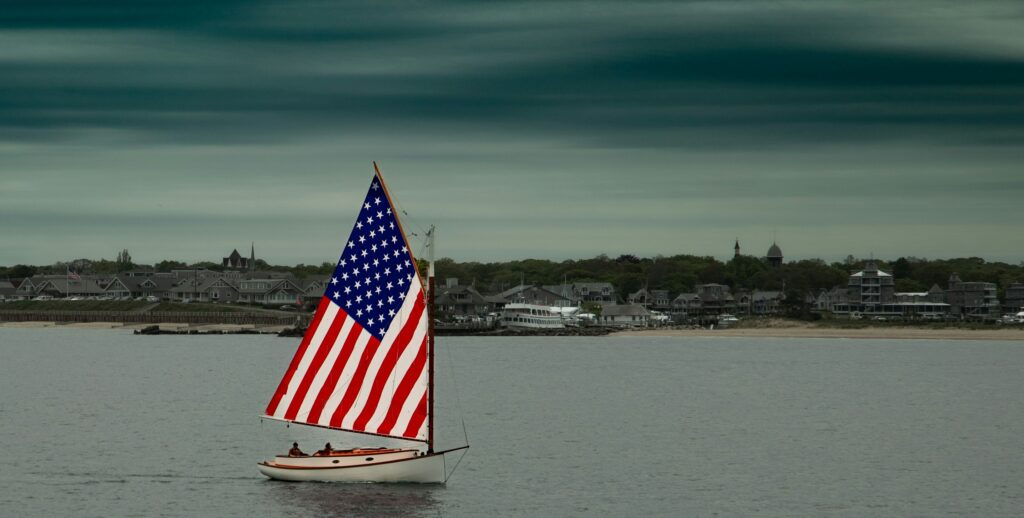The US federal government shut down yesterday morning (1 October 2025), after Congress failed to agree on a spending bill funding government services into October and beyond.
This is the first shutdown of President Trump’s second term, and follows deep disagreements over healthcare spending and broader budget priorities. Amid widespread disruption, the government shutdown is set to impact the marine industry, including boater access, trade operations, financing and manufacturing.
A large number of US government services are temporarily suspended as a result of the shutdown. Some 40 per cent of the federal workforce – about 750,000 people – are to be placed on unpaid leave. The shutdown will last until the two parties can agree on a compromise.
National Marine Manufacturers Association (NMMA), the leading trade association representing boat, marine engine and accessory manufacturers in the US, has outlined where discussions now stand, and how boaters may be impacted in the coming days.

What Republicans are saying
Vice President JD Vance, speaking on Fox & Friends, attributed the shutdown to Senate Democrats and described it as a “policy dispute” over health care programmes. He said the White House is willing to negotiate on lowering health care costs, but only after the government reopens. Vance also noted that the shutdown will delay pay for military service members and federal workers, create potential delays at TSA and air traffic control, and disrupt food assistance programmes. He highlighted that the lapse in funding coincides with hurricane season, which could affect the National Flood Insurance Programme.
Congressional Republican leaders say their priority is reducing federal costs, and they argue broader policy debates should wait until the government is reopened.
What Democrats are saying
Senate Democratic leader Chuck Schumer and House Democratic leader Hakeem Jeffries have said the shutdown results from Republican opposition to maintaining health care protections. They criticise President Trump and congressional Republicans for allowing the government to close, saying it will make life more difficult for working families.
Democratic leaders have argued that Republicans control the House, Senate and White House, placing responsibility on them to resolve the funding standoff.
Impacts on recreation access in the US
The shutdown has immediate effects on public lands and waters. According to recent agency contingency plans and prior shutdowns:
National Park Service (NPS): Most parks close, though trails, roads and open-air sites remain physically accessible. Visitor centres, restrooms and parking areas close.
US Forest Service (USFS): Recreation management operations requiring staff are suspended. Some campgrounds and sites may stay open using Federal Lands Recreation Enhancement Act (FLREA) funds, while outfitter and guide permits can continue if private safety services are provided.
Bureau of Land Management (BLM): Public lands remain open, but visitor centres close. Campgrounds, boat ramps and recreation sites may remain accessible, though restrooms and water may be unavailable.
US Army Corps of Engineers (USACE): Campgrounds and day-use parks are expected to close. Concessionaire-operated facilities on leased land may remain open.
US Fish and Wildlife Service (FWS): Wildlife refuges generally close, but some walking trails may remain accessible without staff.
For boaters, this could limit access to federally managed waters, campgrounds and facilities.
Impacts on trade and manufacturing
The shutdown also creates challenges for US marine manufacturers and the supply chain:
Consumer confidence: Past shutdowns have shown that uncertainty can weaken consumer confidence. The Labor Department will not release the monthly nonfarm payrolls report, which may unsettle markets. For discretionary sectors such as boats and outdoor recreation equipment, this can lead to delayed purchases and softer demand.
Permitting and rulemaking: Federal agencies suspend most non-essential rulemaking and permit approvals, delaying environmental reviews, immigration-related approvals and other regulatory processes.
Small business financing: The Small Business Administration halts new approvals of SBA-backed federal loans, which are used by small boat builders and suppliers.
Trade operations: Customs and Border Protection continues cargo processing, inspections and tariff collection. The Department of Commerce has historically furloughed staff and suspended key functions, which may cause delays for manufacturers relying on imported materials.
Workplace regulation: OSHA suspends most compliance and enforcement activities, aside from imminent danger or fatality inspections. Routine inspections, training and outreach pause at the federal level, though state-run OSHA programmes continue.
Federal courts: Courts can operate for around two weeks using reserve funds, but hours and proceedings may be reduced if the shutdown continues. This could affect the IEEPA case.

What this means for NMMA members
The shutdown could affect NMMA members in four areas:
Boater access to public waters: With reduced federal staffing, boat ramps, marinas and campgrounds may close or operate with limited services.
Keeping US marine manufacturing sompetitive: Delays in permitting, financing and trade proceedings may create uncertainty for manufacturers, particularly small businesses.
Recreation infrastructure: Federal maintenance, grants and safety programs could be disrupted, delaying projects critical to boaters.
Driving innovation and sustainability: Rulemakings and regulatory reviews may stall, affecting timelines for marine technology development and environmental permitting.
What’s next?
Negotiations are continuing. President Trump and congressional leaders met on Tuesday (30 September) but did not reach an agreement. The White House says it will not reopen the government under the current Democratic proposals, while Democrats say they are prepared to reach a bipartisan deal if Republicans engage in negotiations.
NMMA states it will continue to monitor developments, advocate for policies to protect boater access, support US marine manufacturing, sustain recreation infrastructure and encourage innovation. NMMA members are being asked to contact staff if their operations are affected.
The post What does the US government shutdown mean for boaters? appeared first on Marine Industry News.


Leave a Reply